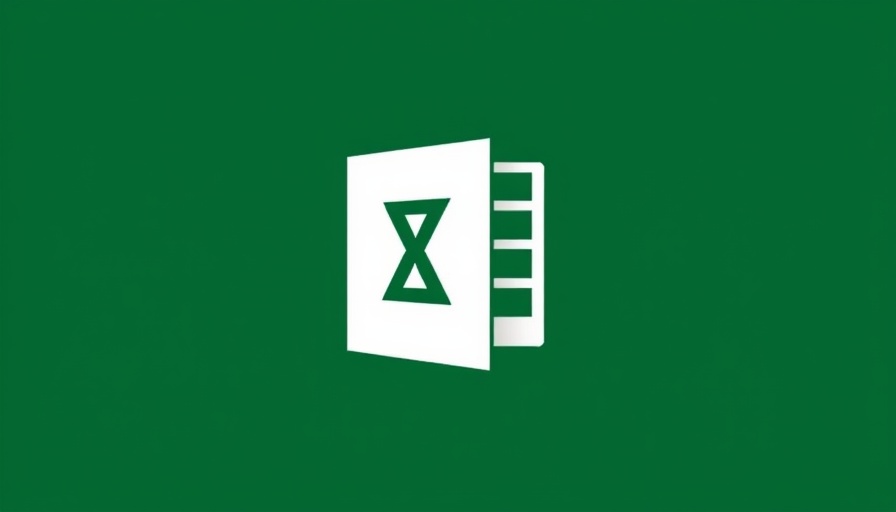
Exploring the Best CRM Software for Marketing Professionals in 2025
In the fast-changing world of customer relationship management (CRM) software, staying ahead of trends is crucial for marketing professionals. With the arrival of 2025, it’s essential to pinpoint which tools will empower teams to build stronger client relationships and streamline workflows.
The Rise of AI and Automation in CRM
A significant trend shaping CRM software in 2025 is the integration of AI and automation capabilities. This technological shift enhances lead generation, customer segmentation, and personalized communication, making the sales process more efficient. For instance, platforms like HubSpot and Salesforce are leveraging AI to provide predictive analytics, allowing marketers to anticipate customer needs and act proactively.
Key Players to Watch in 2025
Among the leading CRM platforms, Salesforce continues to maintain a strong presence, thanks to its comprehensive ecosystem of tools and integrations. Meanwhile, Zoho CRM has gained traction due to its affordability and robust features suitable for small to medium enterprises. Platforms like Pipedrive and Copper are designed with sales teams in mind, offering user-friendly interfaces that facilitate efficient tracking of sales pipelines.
Unique Features That Stand Out
When selecting a CRM, marketing professionals should consider specific features that align with their strategies. For example, Ontraport excels in automation for marketing campaigns, allowing teams to execute targeted communication effortlessly. In contrast, Nimble offers superior social media integration, enabling users to manage customer interactions directly from social channels.
Future Trends and Emerging Solutions
Looking ahead, emerging CRMs like Salesmate and Keap introduce innovative solutions tailored to niche markets. With the rise in remote working, tools that offer seamless collaboration and communication features will become increasingly essential in the CRM landscape. Expect to see new platforms emphasizing mobile capabilities and remote access, facilitating more dynamic customer relationship management.
Why Marketing Professionals Should Prioritize CRM Software
Investing in the right CRM software allows marketing teams to not only manage leads and customer data but also derive actionable insights that drive decision-making. Furthermore, tailored CRM tools help in consolidating departments, improving cross-team collaboration which is vital in today's multifaceted market landscape. As customer preferences evolve, adapting strategies through effective CRM usage can significantly enhance brand loyalty and profitability.
Lessons Learned from Failed Implementations
It is also essential to learn from common mistakes associated with CRM integration. A lack of training or unclear objectives often leads to failure in maximizing a CRM's potential. Marketing professionals must ensure that teams are adequately trained and that the selected platform aligns seamlessly with their objectives and workflows.
In conclusion, as we step into 2025, the choice of CRM software will shape the success of marketing professionals. Not only do these platforms provide necessary tools to engage customers effectively, but they also offer opportunities for innovation, automation, and efficiency. Investing time in selecting the right CRM can yield significant benefits for your organization.
 Add Row
Add Row  Add
Add 




 Add Row
Add Row  Add
Add 

Write A Comment